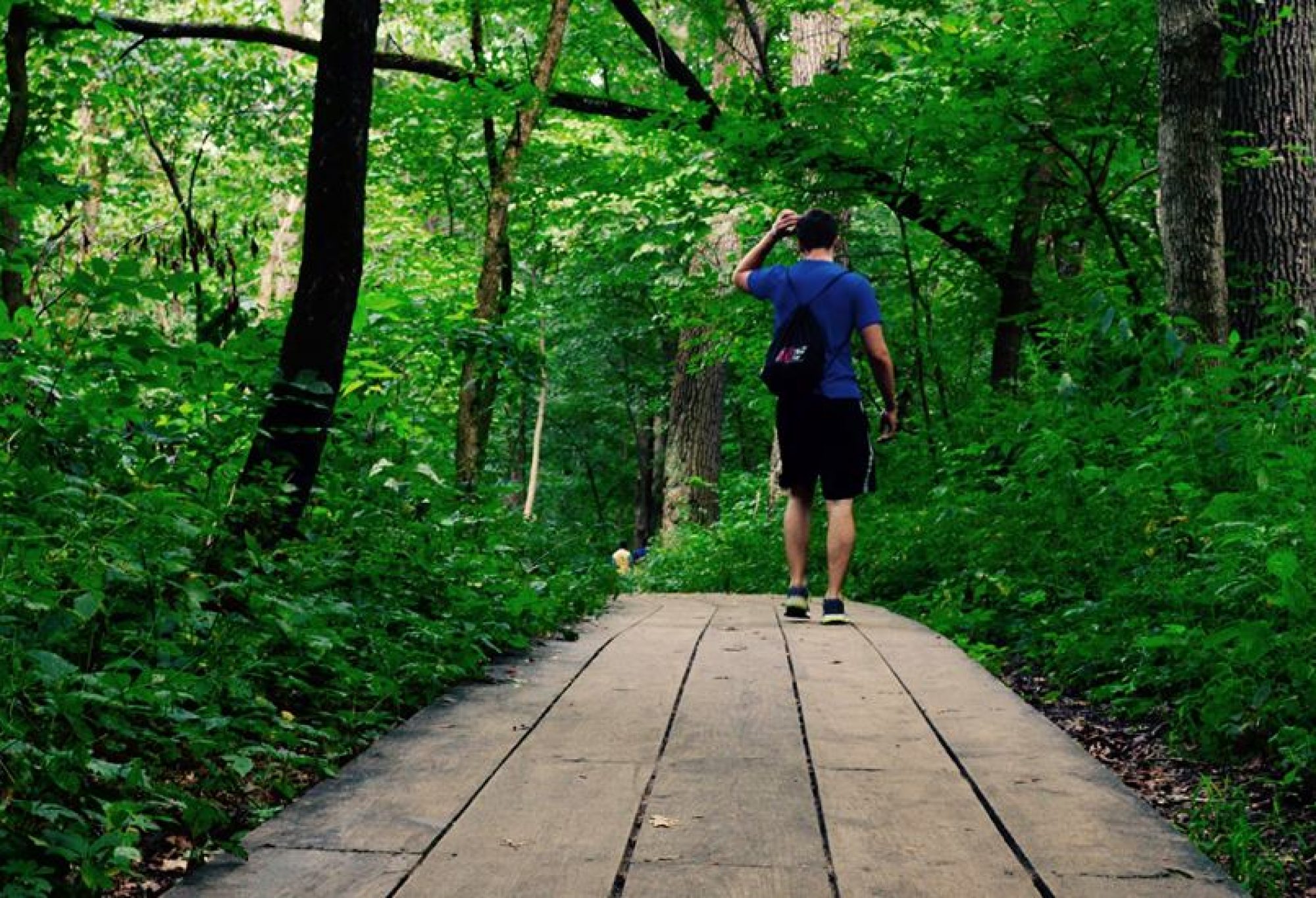WHITEWATER – As the polls closed and the votes were tallied on the night of the 2018 Midterm Elections, students throughout the University of Wisconsin – Whitewater were busy talking politics and waiting for the results.
The Midterm Elections were held on Tuesday, Nov. 6, and the polls in the University Center’s Hamilton Room were buzzing all day.
The Midterm Elections this year were of great importance, especially to college students and young people in general. This was the first election in which registered voters aged 18-29 outnumbered other age groups.
This year also boasted the highest voter turnout for a Midterm Election since 1966, according to the United States Election Project.
Just over 47 percent of eligible voters cast a ballot this year, which is up from 36.7 percent of voters in 2014.
Carter Secor is a senior and political science major at UWW. He had been paying attention to the polls and results from around the country, even while he was in line to vote.
Secor considers himself very politically active. He has voted in every election since he became an eligible voter. He sees voting in all elections as a responsibility and thinks everyone who is eligible should exercise that right.
“[Voting] is one of the few things you have to do as an American,” Secor said. “There is no reason not to vote if you pay attention to politics.”
Secor believes that the Midterms are one of the most important elections to vote in, second only to the Primaries. According to Secor, the Midterms decide the policies that have the most immediate impact on day to day life.
Many other students at the polls were concerned on how this election will affect their lives. Jon Gagner is currently attending graduate school at UWW. Gagner aligned with several of the views of Tony Evers, a Democrat who won the race for governor in Wisconsin.
“I do really like Tony’s views on education and I believe it will be a good thing for our state to improve our education system,” Gagner said. “I know educators as well as current students are pretty happy overall about the outcome.”
Despite Gagner’s support for Evers, he voted for an independent candidate. He does not consider his vote wasted, even though his candidate was not predicted to get many votes.
“People should vote for the people they trust the most instead of sticking to the two parties,” Gagner said. “Many people, when supporting an independent… just don’t vote at all. By doing that you are just giving the people you don’t want in office more of a chance.”
For Gagner, this election was important because of the potential impact to education and gun laws in Wisconsin. Other students were more concerned with issues in other states, however.
Connor Moore, a senior at UWW spoke against laws that some states have enacted that make it difficult for minority voters to vote.
This issue appears in Alabama, where several laws have been passed over the last five years making it harder for those living in predominantly black areas to vote.
These laws include requiring specific types of identification, a system that listed several thousand registered voters inactive and a law that prevents money transfers between political action committees.
Several predominantly black counties in Alabama have also had polling places and driver’s license offices closed, forcing those living in the counties to commute to vote or register.
“We shouldn’t be limiting people or making it hard for people to fulfill one of their American rights,” Moore said.
Moore is not a registered voter in Alabama but hopes that voting in his state’s Midterm and speaking out about this issue will prevent it from happening in other states.
An aura of hope and positivity could be felt around the campus as students in Whitewater kept the polling places busy on election night.
As young people throughout the country continue to take a more active role in politics, there is a feeling that voting trends and policy changes will come along with the rise.
